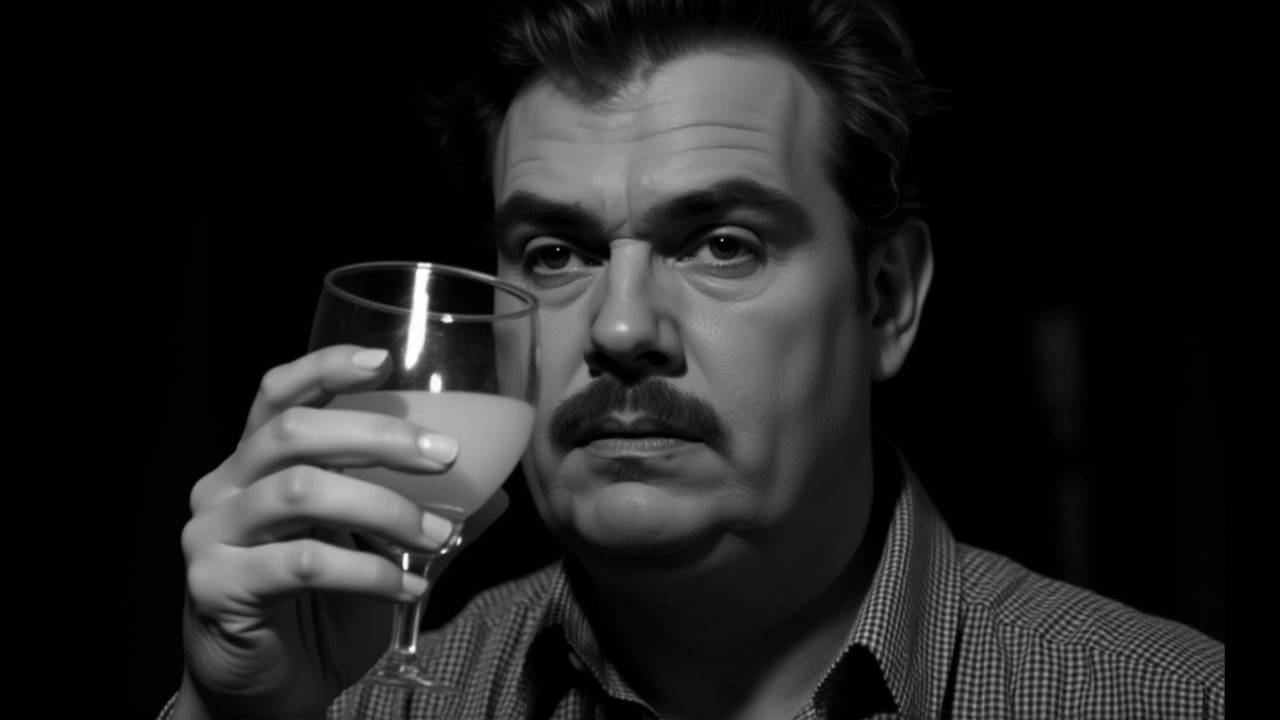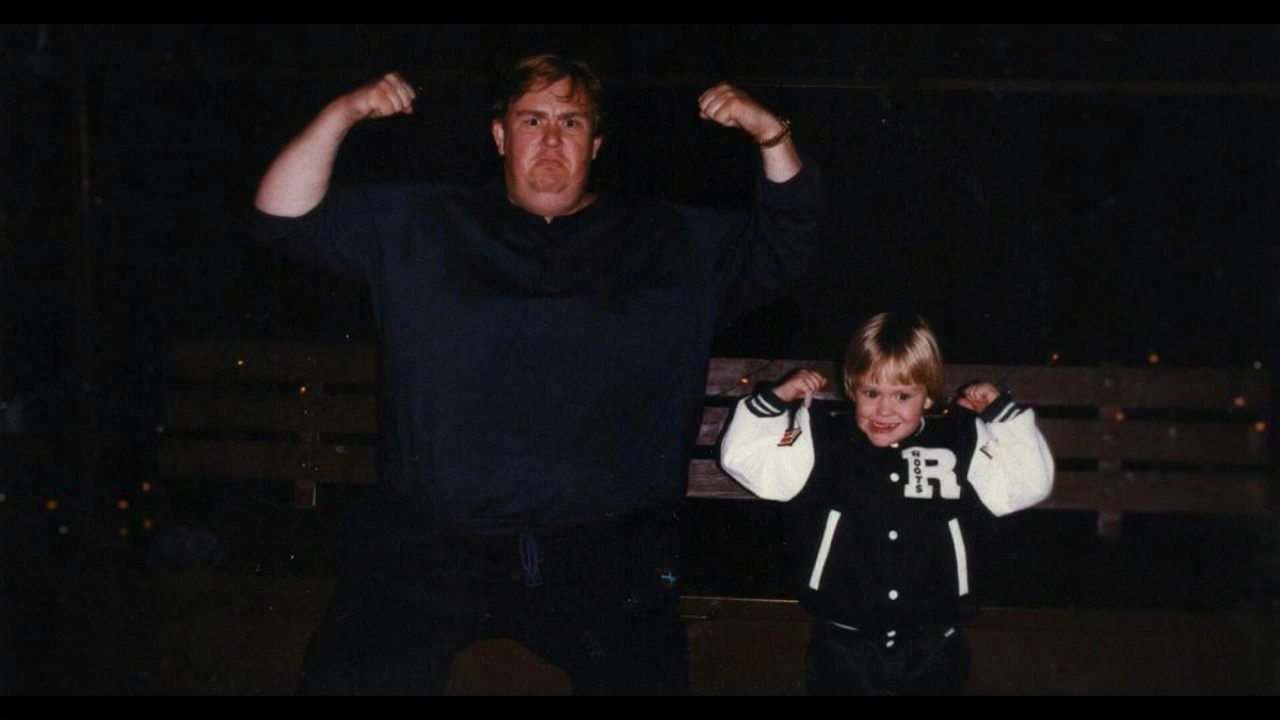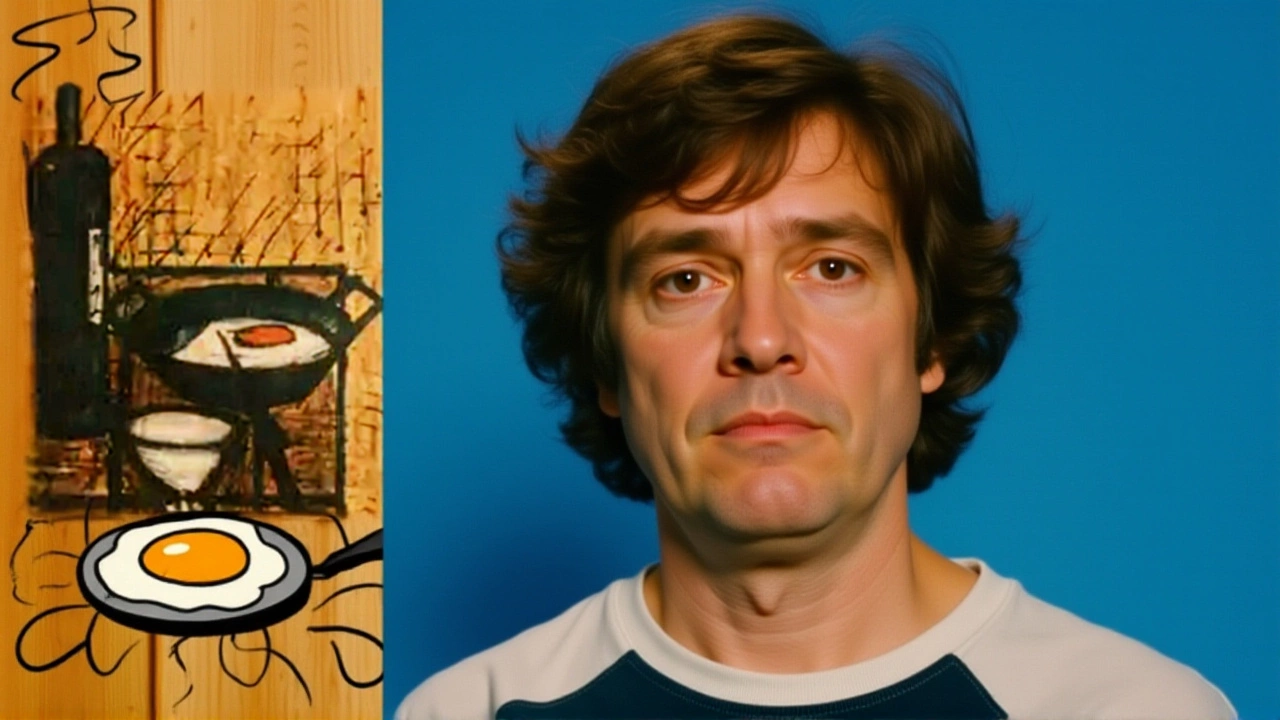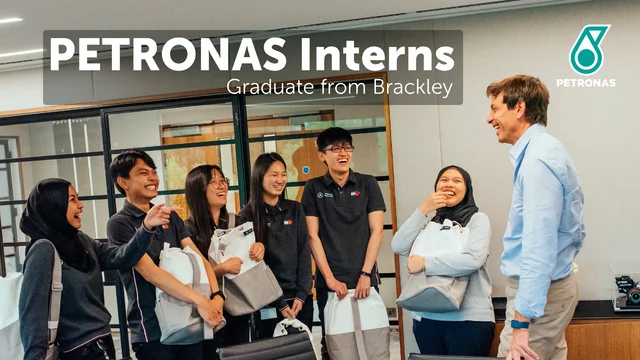The opening night of the 50th Toronto International Film FestivalRoy Thomson Hall didn’t just launch a festival—it resurrected a legacy. On September 4, 2025, a packed crowd fell silent as the first frames of John Candy: I Like Me flickered to life, a tender, funny, and heartbreaking portrait of the man who made millions laugh while quietly battling demons no camera ever caught. The film, directed by Colin Hanks and executive produced by Ryan Reynolds, didn’t just premiere—it felt like a homecoming. Canadian Prime Minister Mark Carney stood before the audience, his voice thick with pride, calling Candy "a national treasure whose laughter still echoes in our living rooms." The moment was electric. And then, the lights came up, and the tears started.
More Than a Comedy Legend
John Candy: I Like Me doesn’t just rehash his greatest scenes from Planes, Trains and Automobiles or Uncle Buck. It digs deeper. The documentary weaves together over 120 hours of never-before-seen home videos—Candy playing with his kids in the backyard, recording voice notes to his wife, laughing so hard he spills coffee on his sweater. There’s audio of him rehearsing lines in his kitchen, muttering, "I’ve made winning my whole life. And when you make winning your whole life, you have to keep on winning." The line isn’t just a quote—it’s a mantra. And a warning.His children, Jennifer Candy and Christopher Candy, sit across from Hanks in intimate interviews, their voices trembling as they recall their father’s last days. "He was trying to be the guy everyone expected," Jennifer says. "But he was exhausted. He didn’t know how to say no. Not to a script. Not to a drink. Not to the weight of being loved so hard." The film doesn’t shy from his struggles—his battles with weight, his reliance on alcohol, the pressure to be the jolly guy who always had a joke ready. "A hazard of this business," one collaborator observes, "is that it’s very unhealthy for people pleasers."
Prime Video’s Biggest Documentary Debut
When Amazon Prime Video acquired the rights in February 2023, insiders called it a bold move. But by the time it dropped on October 10, 2025, the numbers told a different story. The film debuted at No. 1 on Prime Video’s digital chart in the U.S., pulling in over 1.2 million views in its first 72 hours. It held strong, landing at No. 3 for the week ending October 17, 2025, despite heavy competition from new action thrillers and reality series. Critics were nearly unanimous: 89% positive on Rotten Tomatoes, based on 73 reviews. The consensus? "A cathartic group hug." Metacritic gave it a 69—"generally favorable"—but the real metric was in the comments. "I cried through the whole thing," wrote one viewer. "My dad used to quote John Candy every Sunday morning. I felt like I was watching him again."
The Music That Broke the Silence
One of the film’s most powerful moments comes at the end, as Cynthia Erivo’s haunting cover of "Everytime You Go Away" swells over footage of Candy on set, smiling, sweat on his brow, still working. The song, originally a 1980s hit by Paul Young, was chosen for its quiet ache—a perfect counterpoint to Candy’s boisterous persona. Erivo’s version, released as a single on October 3, 2025, climbed to No. 12 on the Billboard Digital Songs chart. "It wasn’t about making it pretty," Erivo said in a post-release interview. "It was about honoring the quiet man behind the loud laugh."Why This Matters Now
John Candy died at 43, alone in a hotel room in Durango, Mexico, while filming Wagons East. His death wasn’t just a tragedy—it was a wake-up call. Back then, Hollywood didn’t talk about mental health or the toll of being "the funny one." Today, with rising rates of burnout and addiction in entertainment, this film feels urgently relevant. "He didn’t die because he was fat," says one former co-star. "He died because he never stopped trying to be enough." The documentary’s title comes from Candy’s own words, spoken during a rare candid moment with his son: "Well, you think what you want about me. I’m not changing. I like—I like me." That line, simple and defiant, became the film’s anchor. It’s not a eulogy. It’s a celebration of a man who refused to apologize for being himself—even when the world demanded he shrink.
What Comes Next
Prime Video has announced plans for a companion digital series, John Candy’s Unseen Moments, launching in early 2026, featuring extended interviews, outtakes, and behind-the-scenes stories from his 1980s SCTV days. Meanwhile, the 50th Toronto International Film Festival has pledged to establish an annual Canadian Comedy Legacy Award, with Candy as its first honoree. His family, still grieving, says they’re not ready to stop talking about him. "He’d hate that we’re crying," Christopher says with a smile. "But he’d love that we’re still laughing."Frequently Asked Questions
Why was John Candy’s documentary chosen as the opening film for TIFF 2025?
TIFF selected John Candy: I Like Me as its opening night film to honor Canada’s cinematic legacy and spotlight a beloved national figure whose work transcended borders. As one of the most internationally recognized Canadian actors of his generation, Candy’s story—full of humor, heart, and hidden pain—resonates deeply with the festival’s mission to celebrate authentic storytelling. The choice also reflects TIFF’s growing focus on documentaries that explore mental health and the human cost of fame.
How did Amazon Prime Video decide to release the documentary on October 10, 2025?
The October 10 release date was strategically chosen to maximize cultural momentum: it followed the TIFF premiere, allowed time for critical buzz to build, and aligned with the release of Cynthia Erivo’s single on October 3. October also avoids major holiday competition, giving the film space to breathe. Amazon’s internal data showed strong viewer interest in legacy comedians and emotional biopics during the fall season, making it an ideal window for engagement.
What new footage does the documentary reveal about John Candy’s personal life?
The film includes over 40 hours of private home videos shot by Candy himself, including scenes of him reading bedtime stories to his children, arguing gently with his wife over dinner, and practicing lines in front of a mirror. Audio logs from 1993 reveal him expressing guilt about missing family events for work. One clip shows him quietly weeping after a bad review, then immediately laughing off the moment with a joke. These moments humanize him beyond the screen persona.
Why is the film’s title, 'I Like Me,' significant?
The phrase comes from Candy’s own words during a 1992 interview, when asked if he ever felt insecure about his weight or image. "I’ve spent my whole life trying to make people laugh," he said. "But if I don’t like me, who will?" The documentary uses this line as its emotional core, framing Candy’s career as a lifelong act of self-acceptance in a world that often demanded he change. It’s not just a quote—it’s a rebellion.
What impact has the documentary had on conversations about mental health in Hollywood?
Since its release, several major studios have pledged to expand mental health resources for performers, citing the film as a catalyst. Ryan Reynolds publicly announced a $5 million fund through Maximum Effort to support comedians seeking therapy, specifically targeting those who feel pressured to "always be on." The documentary’s success proved audiences are ready for honest stories about the cost of laughter—and Hollywood is finally listening.
Will there be a sequel or expanded version of the film?
Yes. Prime Video has greenlit a companion series, John Candy’s Unseen Moments, set to debut in early 2026. It will feature extended interviews with co-stars like Steve Martin and Dan Aykroyd, rare SCTV behind-the-scenes reels, and never-published letters from Candy to his family. The family has approved all content and will serve as consultants. "He’d want us to keep telling his story," Jennifer Candy said. "Just not the sad one. The funny one. The real one."



